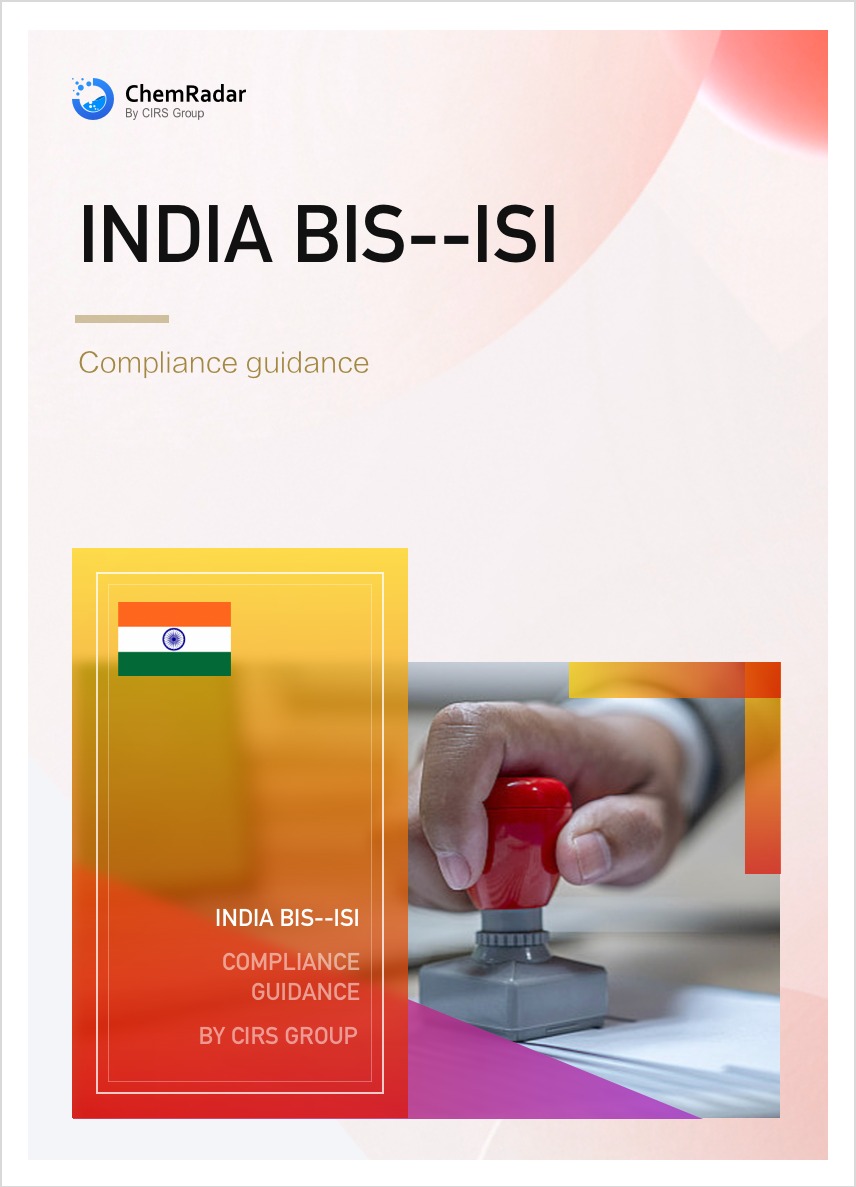On November 29, 2024, the Bureau of Indian Standards (BIS) announced that it would open a public consultation for the country's first standard on paper-based food contact materials, starting immediately and running until December 30, 2024.
Purpose of the Standard
The standard focuses on setting limits for the migration of substances from packaging into food and beverages. It defines the “overall migration limit,” which measures the maximum allowed amount of non-volatile substances, such as monomers, additives and pigments, that can leach from paper-based materials into food. This measure aims to protect consumers from exposure to harmful chemicals.
Proposed Migration Limits for Substances
The proposed standard sets specific migration limits for various heavy metals and chemicals, including:
| Substance Name | Specific Migration Limit (mg/kg, max) |
| Barium | 1.0 mg/kg |
| Cobalt | 0.05 mg/kg |
| Copper | 5.0 mg/kg |
| Iron | 48.0 mg/kg |
| Lithium | 0.6 mg/kg |
| Manganese | 0.6 mg/kg |
| Zinc | 25.0 mg/kg |
| Antimony | 0.04 mg/kg |
| Polychlorinated Biphenyls (PCBs) | 2.0 mg/kg |
| Phthalic Acid |
1.5 mg/kg |
Scope of the Proposed Standard
The migration limits will apply to both direct and indirect food contact materials (FCMs), including items such as wraps, bags and carton boxes used for serving or delivery. However, the new standard does not cover materials intended for long-term food storage.
Material and Labeling Requirements
The new standard requires that all paper-based food contact materials must be produced using virgin pulp and must be free from optical brightening agents. Coating materials used on the paper must be derived from bio-based polymers such as PLA, PBS or PHA, or be made from water/solvent-based emulsions. Additionally, all relevant products should be clearly labeled with essential information, including the source of manufacture, batch number, and the date of manufacture. Furthermore, any compostability claims must be substantiated by a registration number from the Central Pollution Control Board (CPCB), along with an approved QR code.
This initiative is an important step in ensuring the safety and quality of food contact materials in India, aimed at protecting consumers from the potential health risks posed by harmful chemicals in food packaging. The BIS encourages public feedback to help finalize this standard.


